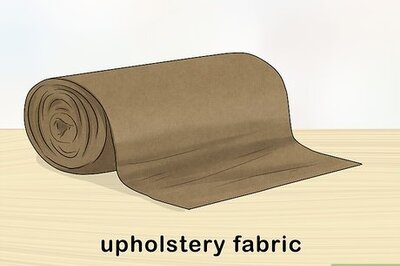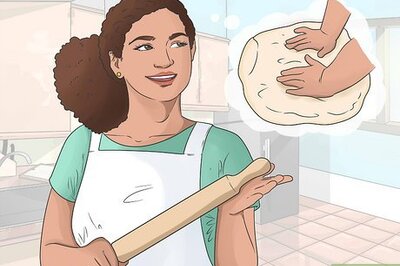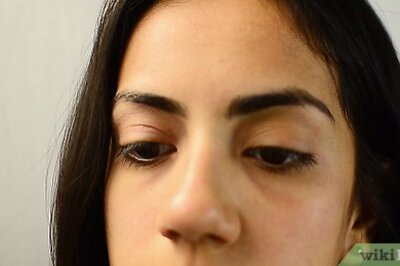
views
KOCHI: Hyacinths are turning out to be villains in making the popular Fort Kochi Beach dirty.Along with the fact that there is no cleaning mechanism in place to make the beach clean and tidy, the natural phenomena is also triggering a headache for the local body and the Tourism Department.Though several efforts were made to clear the beach of the hyacinths, none of them succeeded, so far. The efforts are being made for the past few years, said P Pratapchandran, President, Indian Chamber of Commerce and Industry, which plays a key role in developing Fort Kochi area.“Hats off to the voluntary service of an association of the groundnut and ice cream sellers in the region that cleans up the area once in a week on Monday as part of their responsibility towards society. But the weeds would pile up across the beach just an hour after the area is cleaned,” he said.Sadly, the local body which has a major role in making the city clean says as of now they have no plans to take up the job of clearing the hyacinths.The authorities explain that the sea brings about 30 tonnes of weeds and leave them in the beach. It is practically impossible to remove this much quantity of weeds. It is not within the capacity of Corporation to clean it. Nothing can be done about it, they say.The hyacinths get mixed with the sand in the beach very soon. Later it becomes very difficult to remove them, Pratapchandran said.Pointing out that some foreign countries are successfully dealing with the situation, he said the hyacinths which take life in Kuttanad area, would have to be tackled chemically. However, the use of chemicals to counter it may harm marine life and humans, he said.The waste from the rivers in the southern part flows into the Arabian sea. Discarded articles like plastics, thermocol materials and sea weed easily flow into Kochi as it is the harbour.Dr Aneykutty Joseph of Marine biology, Microbiology and Biochemistry, Cusat, said that chemically removing the hyacinths is a Herculean task and is not practical. She said that they could be removed mechanically and can be recycled to use as animal feed, manure, and as raw material to make bags and other articles.



















Comments
0 comment